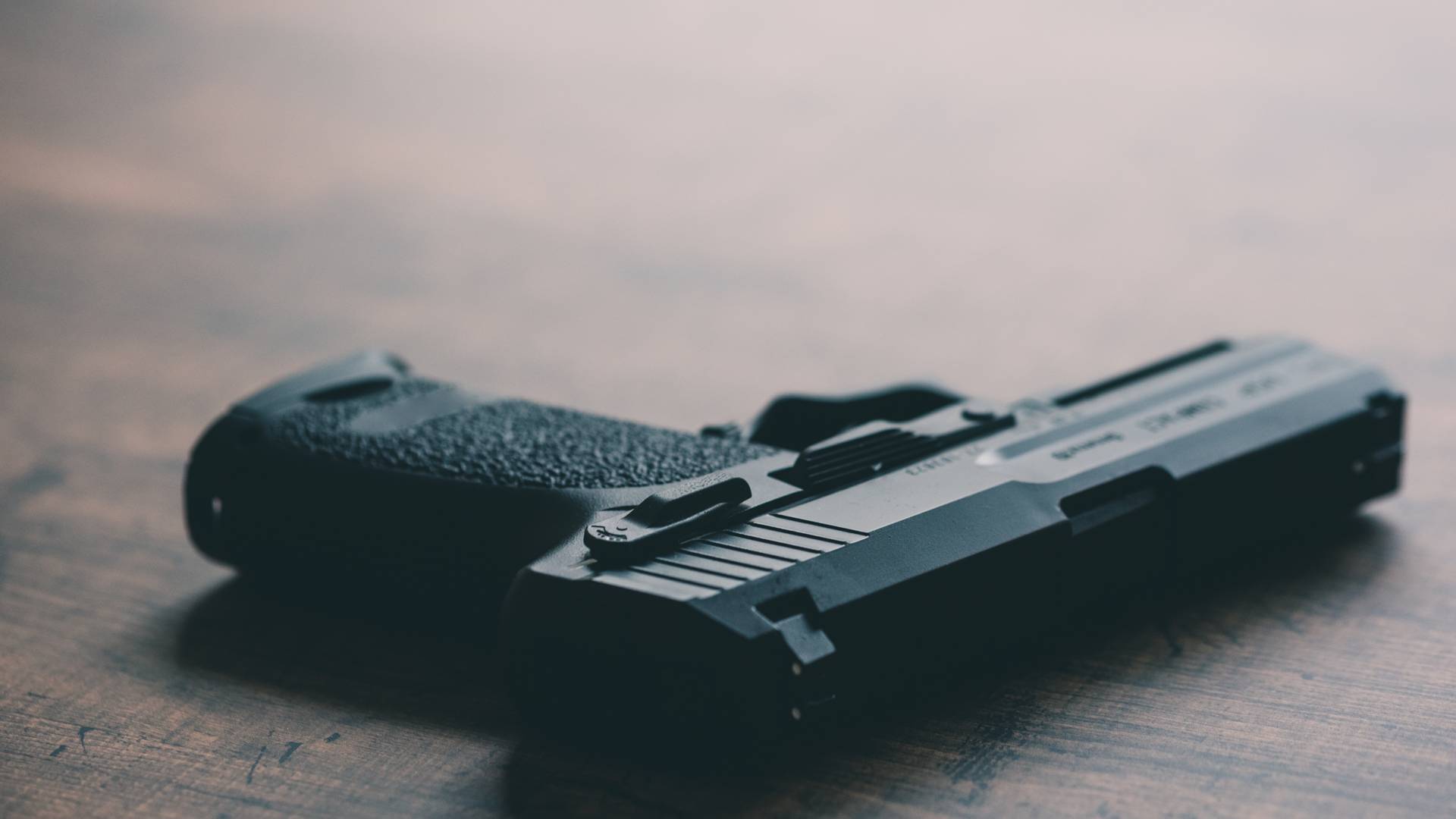Can a person be charged and convicted of possession of an illegal drug, weapon or other contraband in Maryland simply because the person is present in a house, apartment, room or car where the contraband is located by the police? The short answer is yes, but not always. Possession means knowingly exercising dominion or control over a thing. Possession can be inferred from circumstantial evidence. A person can possess an object directly (on his person) or indirectly (controlled but not on person). Indirect possession is often referred to as constructive possession. Presence at the location where contraband is located is one element that may be considered in establishing possession, but it is not the only factor. If the police observe you in a house or car where drugs are located in plain view, you could face drug charges even if the drugs don't belong to you.
The police are only required to have probable cause that a person knowingly exercized control over an item in order to charge her with a possession crime. This is a low standard of proof. The police regularly charge people with possession of drugs and weapons in Ocean City and Salisbury, Maryland, based only on their presence at the location where the contraband is found. So, if you are around other people who are using drugs, you are risking being charged with a crime.
However, just because a person is charged with a crime of possession does not mean they will be convicted in court. In order to get a conviction, the State has the burden of proving beyond a reasonable doubt that the person knowingly exercised control over the contraband. The court will look at the following factors in determining possession: 1) Ownership or control of the premises or vehicle; 2) Proximity to the contraband; 3) Evidence of mutual use or distribution of the contraband; 4) Was the defendant in exclusive possession of the vehicle or location where the item was allegedly possessed? It is important to have a skilled criminal defense attorney when you are charged with a possession crime who knows how to use these factors to defend you at trial.
There are many cases in Maryland that have ruled on the sufficiency of the evidence in constructive possession cases. One local constructive possession case from Ocean City, Maryland, was decided in favor of the defendant. The Court of Appeals found the evidence of possession insufficient to sustain the conviction in Taylor v. State, 346 Md. 452 (1997): "Taylor's presence in a room in which Marijuana had been smoked, and his awareness that Marijuana had been smoked, cannot permit a rational trier of fact to infer that Taylor exercised a restraining or directing influence over the marijuana that was concealed in personal carrying bags of another occupant of the room...Any finding that he was in possession of the Marijuana was based solely on speculation or conjecture...Accordingly, we held that the evidence was insufficient to support his conviction. However, the Maryland Court of Appeals upheld the conviction in Smith v. State, 415 Md. 174 (2010), where Smith was sitting in close proximity to a smoked Marijuana blunt that was within his view. There is no bright line rule in Maryland for proving constructive possession. Each case will be determined based on the facts of the individual case.
